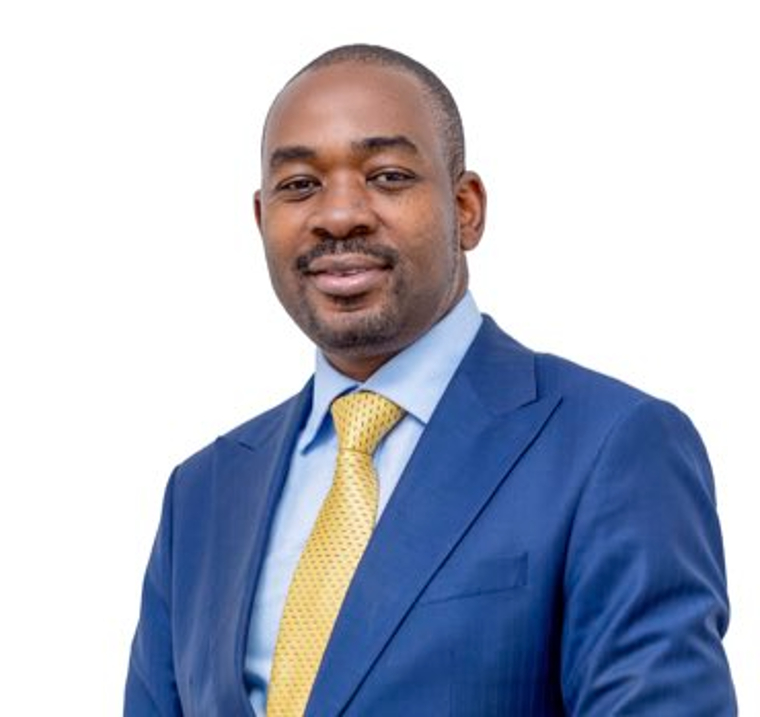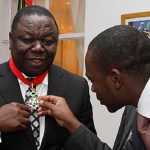The MPs lost their court challenges of the recalls and were barred from contesting the resultant by-elections. Emboldened by the court’s ruling, Tshabangu recalled more MPs and councillors. Again, the courts stopped Chamisa’s faction from running at Tshabangu’s behest. He backed his candidates who all lost to ZANU-PF, which now has the two-thirds majority it yearned for.
Still, Tshabangu claimed to be loyal to Chamisa, referring to him as “president”, as is common practice in the CCC. He said his problem was the selection of candidates for the August poll, and he alleged the party leadership disregarded those chosen by the people during primaries and imposed their preferred candidates instead on ethnic grounds.
Tshabangu is widely believed to be the face of leaders in the CCC unhappy with Chamisa’s one-man leadership style.
The fate of the elected officials is currently a leading topic of national debate. Some people say they should follow their leader out of the CCC, while some argue they should stay in place to represent those who voted for them.
Of the two MPs who have resigned in solidarity with Chamisa, one, Rusty Markham, spoke to Al Jazeera. Markham said most MPs fund election campaigns from their own pockets and may be reluctant to leave Parliament before realising a return on their investment.
Some MPs, however, argue they need to remain to represent the interests of those who elected them.
University of Western Cape’s Brian Raftopoulos, a Zimbabwean professor of democratic governance, feels they are right to do so.
“They should hang on to the seats they have, I don’t think they should walk away from Parliament because giving that space would be donating it to ZANU-PF,” he told Al Jazeera.
Supporters of opposition leader Nelson Chamisa. They’re dressed in yellow shirts and hats and carrying banners reading ‘President Chamisa’
The ruling party has, however, denied involvement in the upheaval within the opposition. “We are only commenting on this because of our name being mentioned falsely by Chamisa. We have our organisation to run and the nation to provide for,” said Farai Marapira, ZANU-PF acting information director.
However, analysts say ZANU-PF may have taken advantage of a situation of Chamisa’s making as his leadership style comes under scrutiny.
His hardcore cheerleaders refuse to fault his moves and will go wherever he goes. But some say the CCC’s problems stem from the lack of organisation within it.
Analysts say that when Chamisa formed the party, he used strategic ambiguity – keeping it as an amorphous entity without clear leadership organisation or a constitution – to avoid infiltration. This led to Chamisa personalising power.
“His gamble of having a structureless party failed,” said Ibbo Mandaza, director of the Harare-based think-tank the Southern African Political Economy Series (SAPES) Trust.
Former cabinet minister Jonathan Moyo, in self-imposed exile in Kenya, has also criticised the CCC in The Herald, a state-controlled daily, saying that “while a structureless and constitutionless formation may work for a cultic church, it can never work for a political party.”
Other critics accuse him of promoting a cult of personality.
But former CCC MP Markham claims the party had a structure, “How do you get thousands of people to attend a rally without structures?” he asked rhetorically. He blamed a compromised Parliament and judiciary for accepting Tshabangu as a CCC official without any paperwork to prove it. “The goal was to destroy the CCC and get ZANU-PF the parliamentary two-thirds majority it failed to get at the polls,” he said.
Continued next page
(121 VIEWS)


